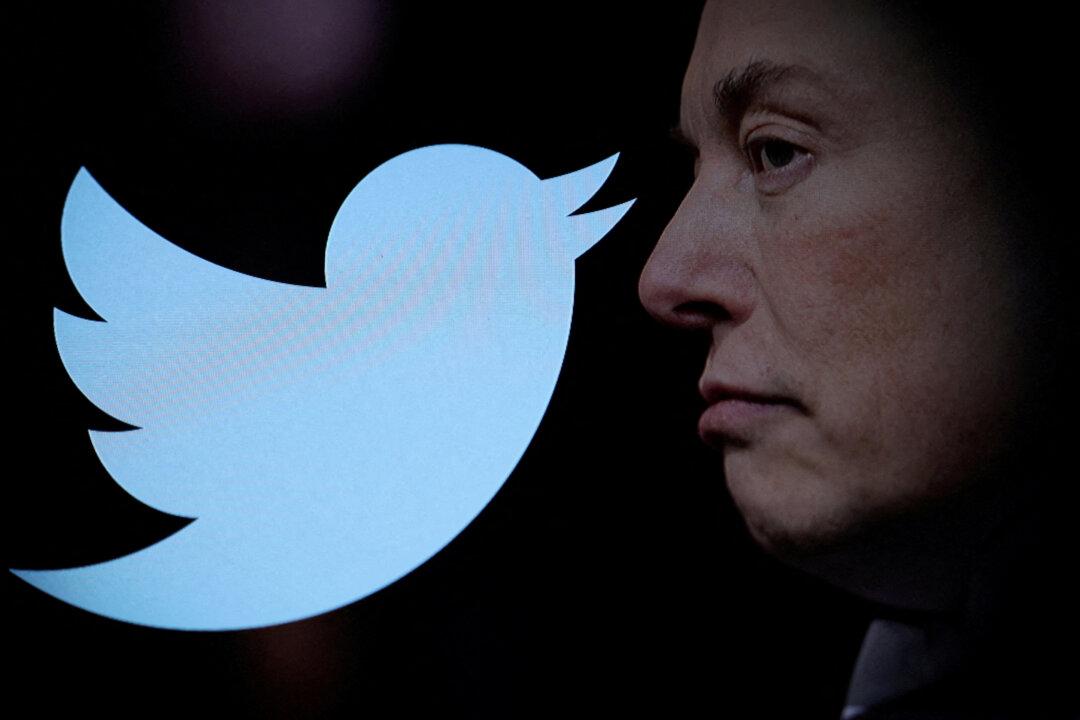Twitter will soon allow users to make video and voice calls and send encrypted messages, CEO Elon Musk has said.
Musk took to the platform on May 9 to announce a string of new features that will be coming to Twitter soon.

Twitter will soon allow users to make video and voice calls and send encrypted messages, CEO Elon Musk has said.